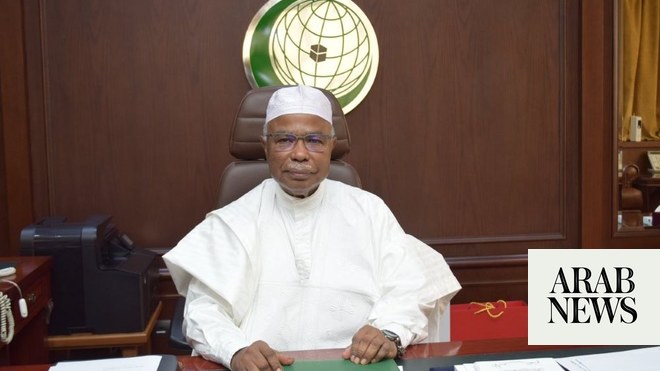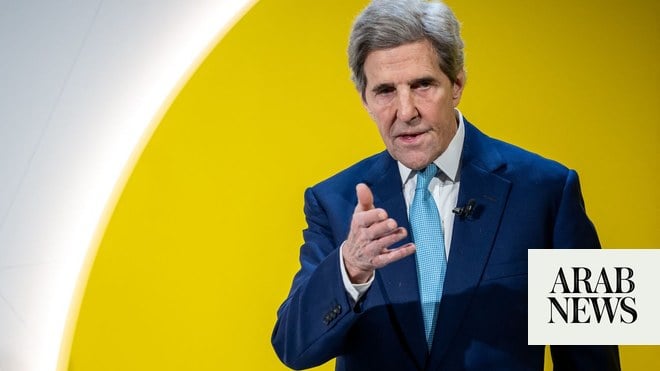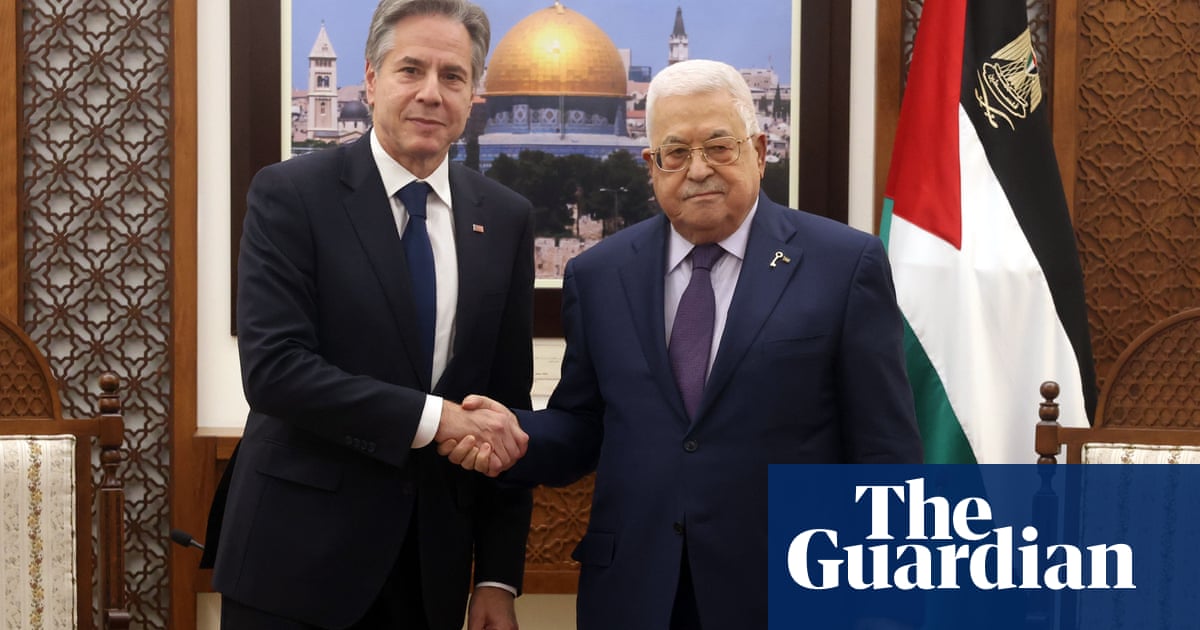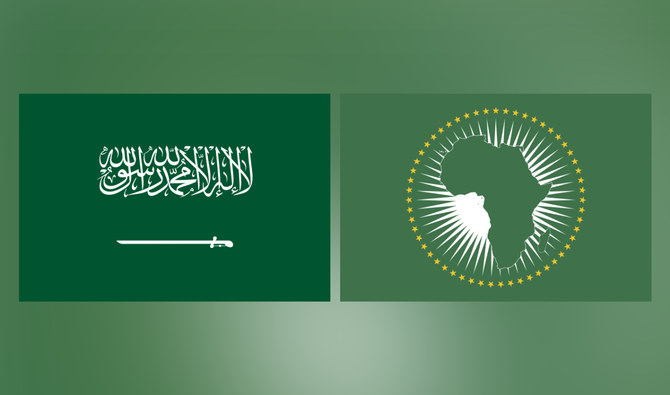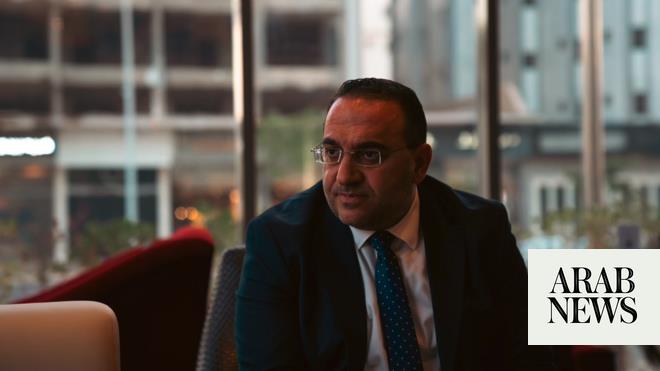
Afghanistan’s schoolgirls suffered a heartbreaking moment last month, when the Taliban reneged on their decision to allow them to return to school for the first time since the group regained control of the country in August last year. On March 23, the Taliban leadership announced that schools for girls in Grade 6 and above were closed until further notice, turning more than a million girls away from their school gates across Afghanistan.
Meanwhile, the Taliban is still allowing young women to attend university, but only in gender-segregated classes and with strict dress codes. So, girls in secondary and high school are supposed to stay at home and that will be the end of their education, while those who are already in university can complete their studies, if possible, considering the harassment and difficulties they could face reaching their classes. And once they graduate, they can stay home too because there will be very limited opportunities for work.
Clearly, this outrageous decision is meant to keep girls from getting any meaningful education. What kind of future will this mean for these girls? And how is it Islamic, since the Taliban claim to be applying Islamic principles? There is no discrimination of rights in Islam — pursuit of knowledge is an obligation for all Muslims and Prophet Muhammad, peace be upon him, made no distinction between boys’ and girls’ education. History is full of the names of Muslim women educators, innovators and pioneers.
There was some hope that life for women and girls in Afghanistan would not be so harsh when the Taliban initially promised they would not go back to their former ultraconservative attitude toward women. But obviously this was only lip service in an attempt to gain recognition and support from the international community in the face of dire economic and humanitarian conditions. However, with this shortsighted decision and blinded by their condescending and malicious view of women, they are shooting themselves in the foot.
The Taliban have imposed strict rules on wearing the hijab in public and segregation in workplaces, prevented women from traveling, conducting their affairs or even seeking medical care without a male chaperone, and dismissed women from their jobs and any public role. As long as the Taliban insists on its hard-line approach toward women’s rights, it will not gain access to the billions of dollars it desperately needs in aid, loans and frozen assets for humanitarian and economic assistance. Furthermore, according to the UN, keeping women out of work could immediately cost Afghanistan up to $1 billion, or 5 percent of its gross domestic product.
The decision to ban girls from going to school came the day after the Organization of Islamic Cooperation held its Council of Foreign Ministers conference in Islamabad, which stated in its declaration: “We underline the importance of full respect for the human rights of all Afghans, including women, children and persons belonging to ethnic, religious and cultural minorities.” The OIC later issued a statement expressing its disappointment over the decision to keep girls out of school, but words are not enough. The OIC should try to be more forceful in negotiating with the Taliban.
There is a deep-seated distrust between the Taliban and the West, and vice versa, politically and ideologically. Any reference to women’s rights and gender issues coming from the West or Western-based international organizations will probably be rejected or met with suspicion and disdain by the Taliban, if it is acknowledged at all. Therefore, it is necessary to build confidence and trust between the Taliban and international organizations through the OIC, which, as an umbrella organization for the Muslim world, is probably more acceptable to the Taliban. Efforts to engage and implement programs in Afghanistan by international organizations would be more fruitful if led by the OIC and should avoid using terms and references that might offend or irritate Kabul’s rulers.
On the sidelines of last month’s ministerial conference in Islamabad, the OIC secretary-general and the president of the Islamic Development Bank signed a charter establishing the Afghanistan Humanitarian Trust Fund. This implemented a decision made by the OIC foreign ministers’ extraordinary session held in December 2021, also in Islamabad and at the initiative of Saudi Arabia, to mobilize humanitarian assistance for the people of Afghanistan.
The fund, which will be managed by the bank, will be tailored to enhance food security, support small and medium-sized enterprises to create local employment opportunities, ensure access to quality education (especially for females), women and youth empowerment, and rural electrification. The bank could ensure a percentage of the money from the fund goes to girls’ education and women’s healthcare and employment as a condition for any project or program implemented. It could also specify the inclusion of women as direct beneficiaries from development projects.
OIC delegations meeting with the de facto Taliban government should consist of women — prominent women and experts in various fields, especially religion — who speak up on the rights of women and girls according to Islamic principles, while demonstrating the important role women have played throughout Islamic history in the development and prosperity of their communities.
Efforts to engage and implement programs in Afghanistan by international organizations would be more fruitful if led by the OIC.
Maha Akeel
The delegations should insist on meeting with women’s civil society groups and leaders and make them partners in implementing projects and programs. They should also insist on including women in any deliberations, or at least ensure they are consulted and their views are incorporated and taken into consideration.
OIC institutions, especially the International Islamic Fiqh Academy, the Independent Permanent Human Rights Commission, the Islamic World Educational, Scientific and Cultural Organization, the IDB and the Women Development Organization, should play an active role, each in its own capacity and under its own mandates. The OIC Humanitarian Office in Kabul should try to engage and communicate with different sectors of society, including women in rural areas. To be able to do that and deliver, monitor and engage, it needs to be strengthened with human and financial resources.
There is a big responsibility on the shoulders of the OIC, not only to help Afghan women but also to portray a positive image of Islam by empowering Muslim women everywhere.
Maha Akeel is a Saudi writer based in Jeddah. Twitter: @MahaAkeel1
Disclaimer: Views expressed by writers in this section are their own and do not necessarily reflect Arab News" point of view





